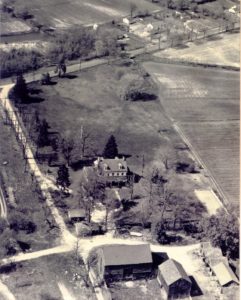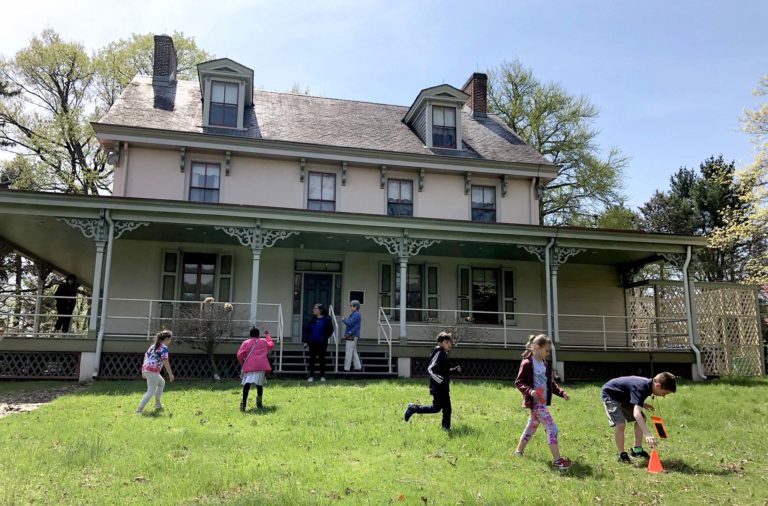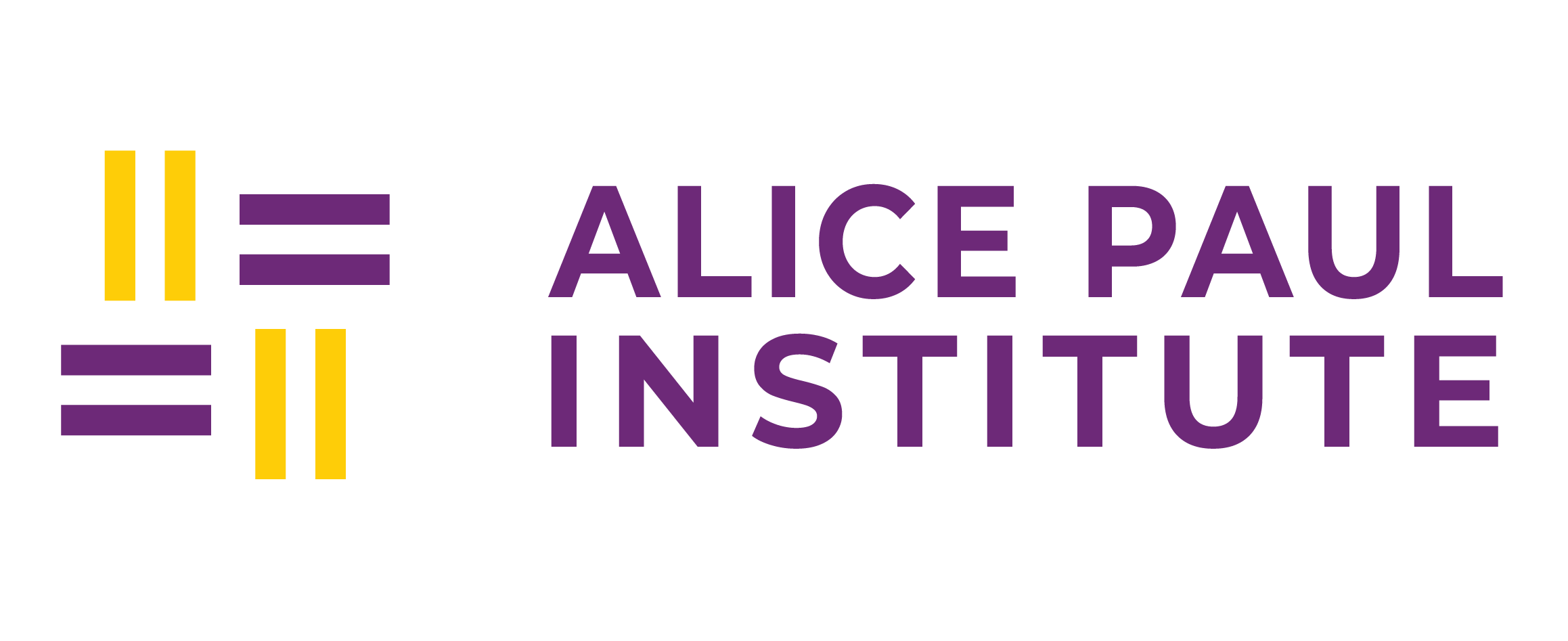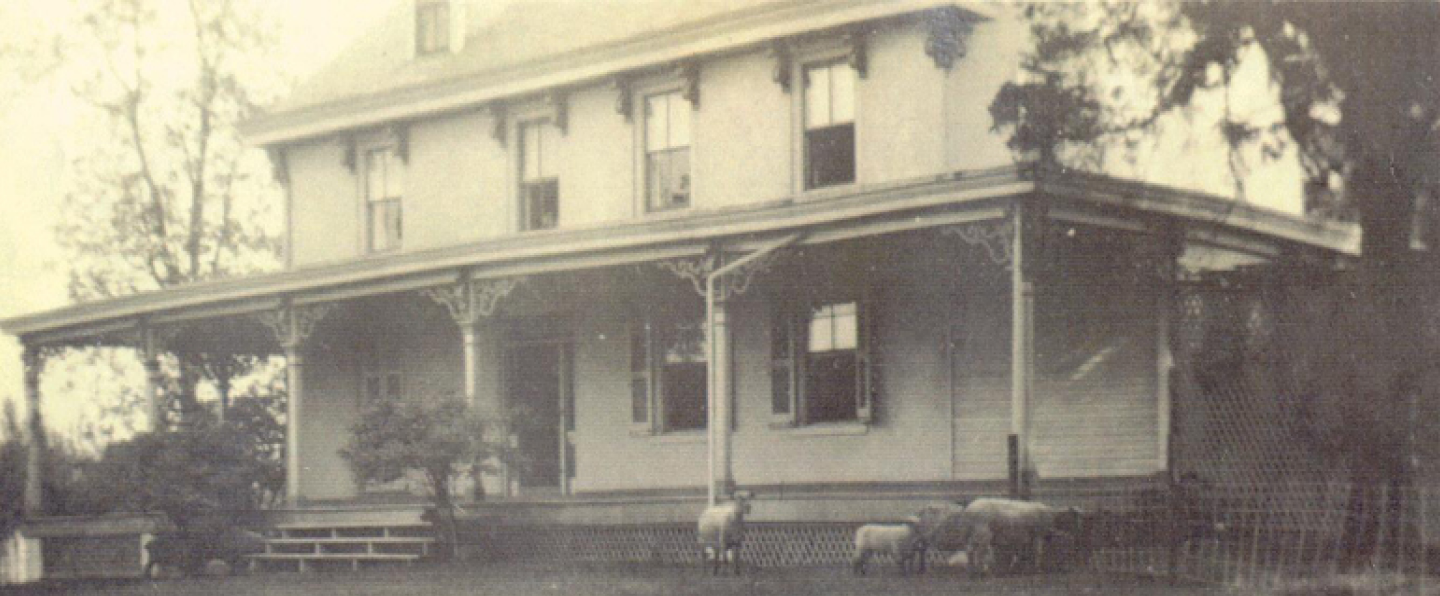Paulsdale, Past & Present
For residents of Mount Laurel and throughout New Jersey, Paulsdale is a symbol of equality and Quaker ideals. One of the few historical sites in the state dedicated to a woman, Paulsdale sits proudly on the state’s Women’s Heritage Trail and serves as a site of remembrance of suffragist Alice Paul and all that she stood for. The house has a well-established place in the local community as a site for leadership development programs for girls, school field trips, educational tours, and engaging conversations on civic engagement and advocacy. Paulsdale is a physical representation of the the Alice Paul Institute’s mission: to honor the legacy of Alice Paul’s work for gender equality through education and leadership development.
We are preparing to reopen our doors to the public once again on August 26th, so this seems like an opportune moment to share the history of Paulsdale with those who may be unfamiliar with its legacy. The house at 128 Hooton Road was built around 1800 and renovated in the 1870s to add the hallmarks of Victorian style, including a wrap-around porch with decorative brackets, cornices at the roofline, French doors on the first floor, and a lattice under the porch. Alice Paul’s parents, Tacie and William Paul, purchased Paulsdale in 1883 and went to raise their four children here. Those children—William, Helen, Parry and, of course, Alice—fondly referred to the property as “the home farm.”
William Paul worked at a bank in Moorestown, but hired staff to grow crops and maintain livestock on the farm. In 1919 “Everybody” Magazine article ran a piece on Mt. Laurel, and described the Paul’s almost 200-acre property:
“A score of sheep cropped the grass on the rolling stretch of lawn that rolled down to the road… Within, it was a real American farm house – oil lamps and antlers and shells and almanacs, and on the wall any number of blue-grange ribbons for cattle and corn.“

Today, the property that formerly made up “the home farm” is much changed; housing now sits on much of the original land, while the Alice Paul Institute maintains the house and 6.5 acres of property. Since it took ownership of the house in 1990, API has strived to retain the historic character of the structure while also allowing it to function as a site for its educational activities. The organization undertook a largescale rehabilitation project in the early 2000’s, which ensured the preservation of historic material such as the windows, latches, shutters, and the doors. Additionally, the colors of the stucco, shutters, windows, and porch have been reproduced based on tests of the original paint.
Inside Paulsdale, the rooms no longer hold their original furnishings, with one notable exception. API owns a bookcase that belonged to the Paul’s and had it restored in 2008. The archives, located on the third floor, holds some of Alice’s personal collection of books, including poetry by Tennyson and Keats; Dickens classics; and science, economics and law textbooks.
For the most part, though, the inside of Paulsdale now helps to ensure Alice’s work continues. Before the pandemic, API served students, scouts, teachers, tourists, and more onsite. We continued to serve our audiences virtually during our 2020-21 closure, but know that many have missed learning about equality in the site where Alice Paul did the same. Paulsdale has always been a cornerstone for the Institute’s programs and goals, as it is integral to our function as a steward of the past and a change agent in the present. In opening back up to the public, we breathe a sigh of relief as we once again reintroduce ourselves to our beloved South Jersey community—ready to elevate the fight for justice and equality even better than before.
Paulsdale will officially reopen on August 26th from 12-4pm as API holds its annual commemoration of Women’s Equality Day. We hope you will join us to experience Paulsdale for yourself.



